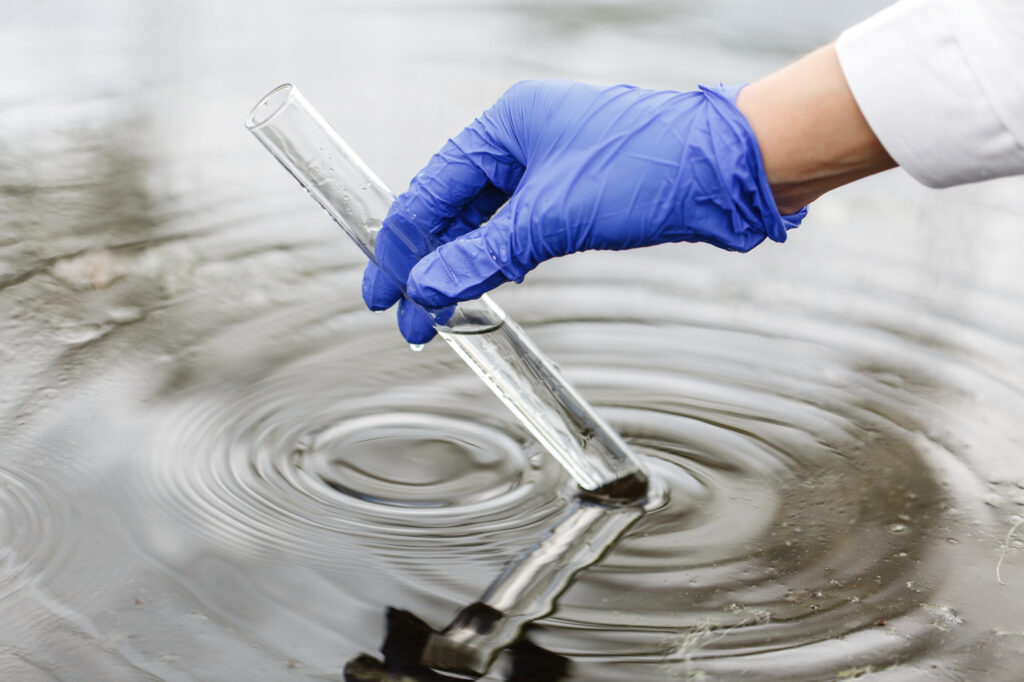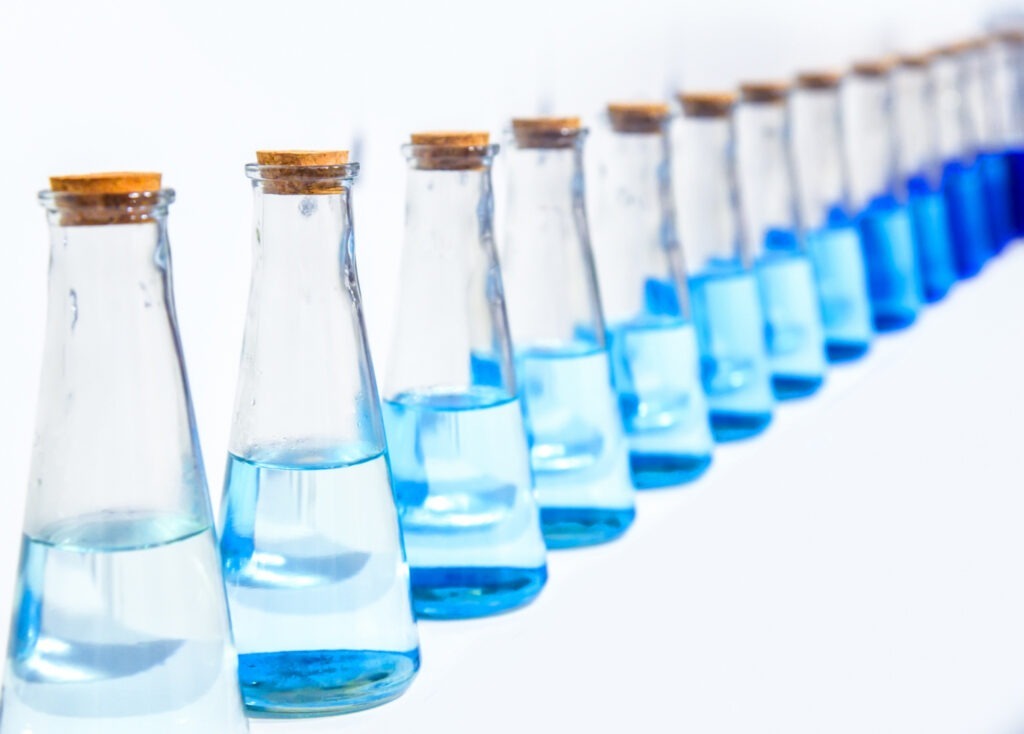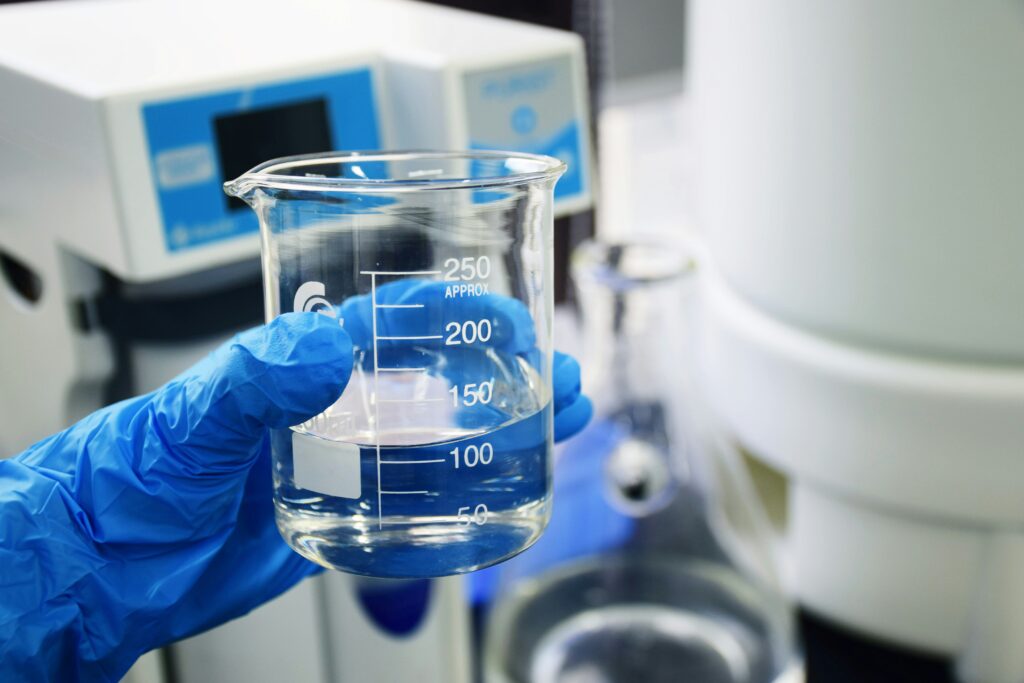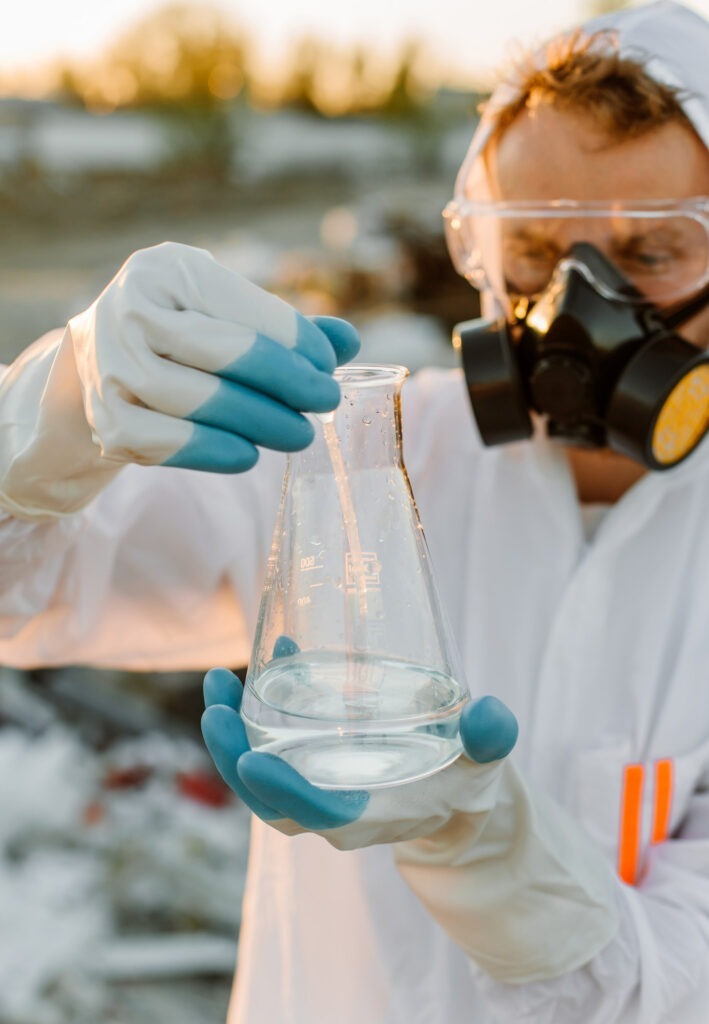
Introduction:
In the arid landscapes of the United Arab Emirates (UAE), the significance of water cannot be overstated. As the nation undergoes rapid urbanization, the demand for clean and sustainable water sources has reached a critical juncture. This blog explores the dynamics of water filtration and treatment for water in the UAE, addressing challenges, innovations, and the pursuit of crystal-clear solutions.
The Water Challenge:
Cutting-Edge Filtration and Water Treatment Technologies:
In response to the water challenge, the UAE has become a hub for cutting-edge water filtration and treatment for water technologies. From advanced reverse osmosis systems to state-of-the-art membrane filtration, the nation leads in adopting innovative solutions. These technologies not only enhance drinking water quality but also play a crucial role in diverse industries, including agriculture and manufacturing.
Sustainable Practices:
The UAE is making significant strides towards sustainability in water management. Technologies promoting water reuse and waste reduction are gaining prominence. The integration of smart water grids, IoT-enabled monitoring systems, and green building practices is fostering a sustainable ecosystem for water consumption.
Challenges in the Oasis:
While advancements are remarkable, challenges persist. The high salinity of groundwater and the energy-intensive desalination processes pose hurdles. The blog explores ongoing research and initiatives aimed at overcoming these challenges, ensuring a resilient and sustainable water future.
Government Initiatives:
Proactively addressing water-related issues, the UAE government has implemented policies promoting water conservation, efficient irrigation practices, and the use of treated sewage water in agriculture. The blog sheds light on these initiatives and their impact on shaping the water landscape.
The Role of the Private Sector:
Private companies are crucial partners in the journey towards water sustainability. The blog discusses the role of private entities in driving innovation, investing in research and development, and collaborating with government initiatives to secure the nation’s water future.
As the UAE charts its course toward a sustainable future, the role of water filtration and treatment for water emerges as a linchpin in this endeavor. Through innovative technologies, sustainable practices, and collaborative efforts, the UAE is not only ensuring the availability of clean water but also setting an example for water management on a global scale. In this oasis in the desert, the ripples of progress in water filtration and treatment for water resonate far and wide, creating a legacy for generations to come.
What we do?
MEA WATER SOLUTIONS recognizes the critical importance of water sustainability in the UAE and is committed to playing a pivotal role in contributing to this imperative. Our contributions align with the nation’s goals for innovative water management and environmental stewardship. Here’s how MEA WATER SOLUTIONS plans to make a positive impact:
Cutting-Edge Water Filtration and Treatment for Water Technologies:
MEA WATER SOLUTIONS invests in and provides cutting-edge water filtration and purification technologies that adhere to the highest international standards. We continuously research and implement state-of-the-art solutions, such as advanced membrane filtration and energy-efficient systems, to enhance water quality and reduce environmental impact.
Tailored Filtration Solutions for the UAE:
Recognizing the unique challenges posed by the high salinity of groundwater in the region, MEA WATER SOLUTIONS develops and offers tailored filtration solutions specifically designed for the UAE’s water conditions.
Smart Water Management:
Our solutions embrace smart water management practices, incorporating IoT-enabled technologies to monitor and optimize water usage in real time. Through our smart water grids, we contribute to reducing water wastage and enhancing overall water efficiency in various sectors.
Water Reuse and Recycling:
MEA WATER SOLUTIONS champions water reuse and recycling initiatives, supporting the UAE’s goal of sustainable water practices. We design and implement systems that enable the safe and efficient reuse of treated water in agriculture, landscaping, and industrial processes.
Collaboration with contractors and end users:
We actively collaborate with service providers and end users to espouse government initiatives aimed at water conservation, efficiency, and sustainability. MEA WATER SOLUTIONS engages in public-private partnerships to support and align with national water management policies.
Community Awareness and Education:
We believe in the power of education and awareness. MEA WATER SOLUTIONS plans to engage in community outreach programs, workshops, and educational initiatives to promote water conservation practices among residents and businesses.
Research and Development:
Our commitment to continuous improvement drives our research and development efforts. We invest in projects that explore new and innovative filtration and treatment for water technologies, focusing on energy efficiency and minimal environmental impact.
Adherence to International Standards:
MEA WATER SOLUTIONS adheres to international quality and safety standards, ensuring that our products and services not only meet but exceed the expectations of our clients and regulators.
In essence, MEA WATER SOLUTIONS is dedicated to being a responsible and innovative partner in shaping a sustainable water future for the UAE. Through our technological expertise, collaborative approach, and commitment to environmental stewardship, we aim to contribute significantly to the nation’s water resilience and security.

INTRODUCTION
★ Imagine waking up to discolored, foul-smelling water flowing from your faucet – an experience many people have
★ In this comprehensive guide, we delve into the causes of poor water quality and offer various effective solutions to ensure clean, safe water for you and your family. From identifying contamination sources to implementing advanced treatment for water, we aim to empower you with the knowledge and tools needed to maintain a healthy water supply at home.
Causes of Poor Water Quality
Total Dissolved Solids (TDS)
Total dissolved solids (TDS) refers to the concentration of organic and inorganic dissolved solids in water.
Elevated TDS levels can adversely affect water quality and cause problems with household appliances.
Hard water
Hard water, which is characterized by a high mineral content, often leads to lime deposits.
Hard water can adversely affect skin, appliances, and plumbing, causing damage and inefficiency. It must need better treatment for water.
Water Quality Assessment
A. Importance of water tests
Water testing is crucial for ensuring safe consumption as it helps assess the quality of water and identifies potential contaminants or impurities that could pose health risks. Here’s why conducting water tests is essential:
Health Safety: Testing water ensures it meets safety standards set by regulatory bodies. It helps detect harmful substances like bacteria, viruses, heavy metals (lead, arsenic, mercury), pesticides, nitrates, and other pollutants that can cause severe health issues such as gastrointestinal illnesses, neurological problems, organ damage, or even cancer upon consumption.
Prevention of Waterborne Diseases: Regular water testing helps prevent waterborne diseases like cholera, dysentery, typhoid, and more. Identifying and addressing contamination promptly can prevent outbreaks and protect public health.
Environmental Protection:

Monitoring water quality helps safeguard ecosystems and aquatic life. Contaminants in water bodies can harm aquatic organisms, disrupt ecosystems, and affect biodiversity. Testing ensures that water sources remain healthy for both human use and the environment.
Compliance with Regulations: Governments and health authorities establish standards and regulations regarding water quality. Regular testing ensures compliance with these standards, helping utilities, industries, and communities meet legal requirements.
Quality Assurance for Drinking Water: Water tests provide valuable data to determine the suitability of water for various uses, especially drinking. It helps in making informed decisions about treatment for water, filtration, and purification methods required to improve its quality.
Early Detection of Issues: Regular testing allows for early detection of potential problems in water quality. This early identification helps take necessary corrective actions promptly, preventing contamination from worsening and reducing the cost and effort of remediation.
Water testing involves analyzing samples from various sources like groundwater, surface water, drinking water supplies, wells, rivers, lakes, and reservoirs. The tests include physical, chemical, and microbiological analyses to evaluate parameters such as pH levels, turbidity, dissolved oxygen, heavy metal content, microbial presence, and more.
Interpreting test results enables informed decision-making about water treatment, appropriate use, and necessary precautions. It empowers individuals, communities, and policymakers to take proactive measures to ensure access to safe and clean water, which is fundamental for human health, environmental sustainability, and overall well-being.
B. Key parameters to be tested
TDS levels: Clarify the measurement of TDS levels and its importance in determining water quality.
Water Hardness: Discuss methods for determining water hardness and their implications.
Analysis of Impurities: Outline the process of identifying and quantifying contaminants in water.
Solutions to improve water quality | Treatment For Water

Installing a water filtration system offers several key benefits:
Removal of Impurities: Filtration systems effectively remove impurities such as bacteria, viruses, sediment, chlorine, pesticides, heavy metals (like lead and mercury), and other contaminants present in water sources. This purification process enhances water quality, making it safer and healthier for consumption. So it would give better treatment for water.
Improved Taste and Odor: Filtration systems can significantly enhance the taste and smell of water by eliminating unpleasant odors and flavors caused by chemicals or organic matter. This improves the overall drinking experience, encouraging increased water consumption.
Healthier Drinking Water: By removing harmful substances, filtration systems provide cleaner and safer drinking water. This contributes to better health outcomes by reducing the risk of waterborne diseases and potential long-term health issues associated with consuming contaminated water.
Convenience and Cost Savings: Installing a filtration system at home eliminates the need to purchase bottled water regularly. This not only reduces expenses but also reduces plastic waste, contributing to environmental conservation.
Protecting Plumbing and Appliances: Filtration systems can help protect plumbing and household appliances (such as water heaters and coffee makers) by preventing sediment and mineral buildup. This extends the lifespan of these devices and reduces maintenance costs.
In summary, water filtration systems offer the advantage of purifying water by removing impurities, enhancing taste and smell, providing healthier drinking water, offering cost savings, and protecting household appliances. So it’s the perfect treatment for water.
Activated Carbon Filters:
How They Work: They use activated carbon to trap contaminants as water passes through.
Removal Capability: Effective against chlorine, VOCs, bad tastes, and odors. Moderate removal of some chemicals and heavy metals.
Maintenance: Requires regular replacement of carbon filters.
Reverse Osmosis Systems:
How They Work: They use a membrane to filter impurities, allowing only pure water molecules to pass.
Removal Capability: Highly effective against a wide range of impurities including heavy metals, dissolved solids, bacteria, and more.
Considerations: Produces wastewater and needs periodic filter and membrane replacement.
In summary, activated carbon filters are good for basic filtration, while reverse osmosis systems offer more comprehensive purification, albeit with higher maintenance and wastewater production. The choice depends on the level of purification required, maintenance commitment, and specific contaminants present in the water.
Professional water testing

Importance of Water Professionals:
Water Professionals play a pivotal role in ensuring safe and clean water by leveraging their expertise in comprehensively evaluating and giving treatment for water quality issues. Their specialized knowledge and experience are crucial in safeguarding public health, protecting the environment, and meeting regulatory standards. These professionals possess the skills necessary to analyze, diagnose, and implement effective solutions for diverse water quality problems. They can suggest better treatment for water.
Procedures Followed by Water Professionals and Best treatment For Water

Water Sampling: The process typically starts with the collection of water samples from various sources such as wells, reservoirs, treatment plants, or distribution systems. Professionals follow precise sampling techniques to gather representative samples.
Laboratory Analysis: Water samples undergo thorough laboratory analysis. Professionals test for a wide range of parameters including pH levels, turbidity, dissolved solids, heavy metals, microbial contaminants, chemicals, and other specific pollutants depending on the suspected issues.
Problem Identification: Based on the analysis results, water professionals identify the specific contaminants or problems affecting water quality. They assess the severity and potential health risks associated with the identified issues.
Evaluation of Treatment Options: Water professionals then determine suitable treatment for water based on the identified problems. This could involve various technologies such as filtration systems, chemical treatments, UV disinfection, oxidation, reverse osmosis, or specific remediation methods tailored to address the identified contaminants.
Treatment for water Implementation: Once the appropriate treatment options are selected, water professionals oversee the implementation of these solutions. They ensure that treatment systems are installed correctly, operated efficiently, and maintained properly to achieve the desired water quality standards.
Monitoring and Follow-Up: Continuous monitoring and periodic re-evaluation are essential parts of the process. Water professionals conduct regular checks to ensure the effectiveness of implemented treatments. They also provide recommendations for adjustments or improvements if necessary.
Regulatory Compliance: Professionals ensure that all measures taken align with local, state, and federal regulations governing water quality standards and safety.
In conclusion, water professionals bring valuable expertise to the table by meticulously analyzing water, identifying specific issues, and recommending and implementing tailored treatment for water. Their efforts are critical in maintaining safe and high-quality water for various purposes, benefiting public health, ecosystems, and communities.
Understanding water quality is fundamental for safeguarding our environment and ensuring the well-being of communities. At MEA Water, we specialize in comprehensive solutions and treatment for water quality issues. If you’re seeking effective strategies and professional guidance to enhance water quality, our team is dedicated to providing tailored approaches for your specific needs. Contact us today to explore how we can assist you in implementing sustainable treatment for water and creating a lasting positive impact installing a water filtration system offers several key benefits:


